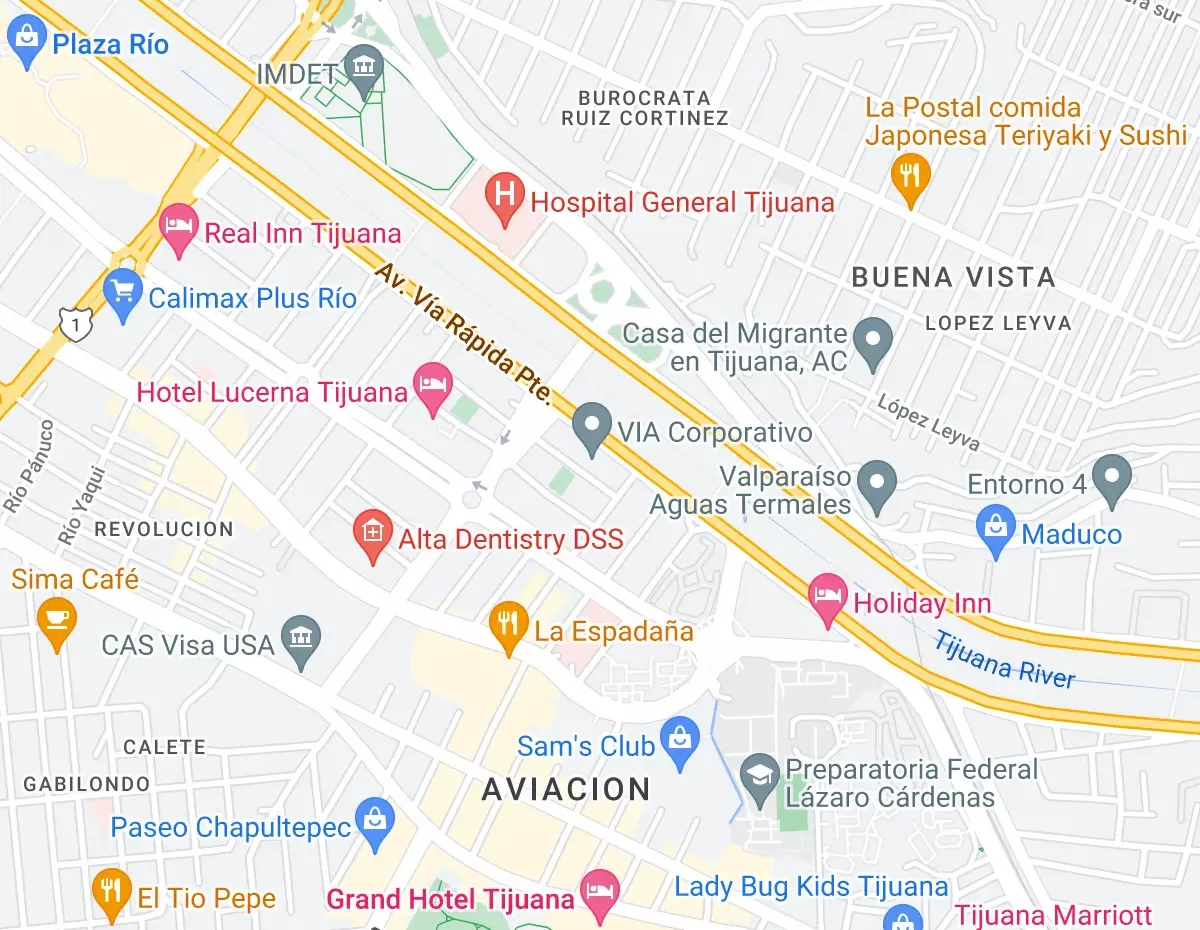Exploring the dual impact of Ibogaine on depression and anxiety within clinical settings reveals significant therapeutic potential, particularly for patients with treatment-resistant conditions. Ibogaine shows response rates between 50% and 70%, not only alleviating depressive symptoms but also mitigating anxiety through its unique pharmacological mechanisms.
Its rapid onset of action and sustained relief distinguish Ibogaine from conventional treatments, inviting further scrutiny of its therapeutic profile. What processes account for its efficacy, and what challenges could impede its broader application in mental health care?
Key Takeaways on Ibogaine's Therapeutic Potential
- Ibogaine shows a 50-70% response rate in treating depression and anxiety.
- It has a rapid onset and long-lasting effects with minimal placebo influence.
- The substance enhances emotional clarity and resilience in patients.
- Ibogaine interacts with serotonin, dopamine, and NMDA receptors to alleviate symptoms.
- Tailoring treatment protocols to individual profiles optimizes therapeutic outcomes.
Ibogaine's Role in Depression and Anxiety Treatment
Ibogaine, derived from the root bark of the Tabernanthe iboga plant, has shown potential therapeutic effects on mental health conditions. Historically, Ibogaine has been utilized by indigenous communities in West Africa, particularly the Bwiti tribe in Gabon, for its profound spiritual and healing properties. These cultural contexts emphasize Ibogaine's long-standing recognition as a psychoactive and therapeutic substance.
The mid-20th century saw Western scientific interest in Ibogaine, especially for its claimed efficacy in treating addiction and mental health disorders like depression and anxiety. Researchers have since sought to understand its broader applications and benefits in clinical settings. The cultural and historical backdrop of Ibogaine provides an important perspective for appreciating its multifaceted role in both traditional and contemporary therapeutic practices.
Mechanisms Behind Ibogaine's Therapeutic Effects
Ibogaine's therapeutic effects on depression and anxiety involve complex neurochemical processes. Its interactions with various neurotransmitter systems and enhancement of neuroplasticity are central to its mechanisms of action. Ibogaine binds to multiple receptor types, including serotonin, dopamine, and NMDA receptors, influencing mood and cognitive functions.
Enhancing Neuroplasticity
Ibogaine promotes neuroplasticity through several mechanisms:
- Synaptogenesis: It promotes the formation of new synapses, enhancing connectivity within the brain's neural networks.
- BDNF Expression: Ibogaine increases levels of Brain-Derived Neurotrophic Factor (BDNF), crucial for neuronal growth and maintenance.
- AMPA Receptor Potentiation: By enhancing AMPA receptor function, Ibogaine supports long-term potentiation, essential for learning and memory.
Modulating Neurotransmitter Systems
Ibogaine transiently alters the function of key neurotransmitters, recalibrating the brain's chemical balance. This modulation offers relief from depression and anxiety symptoms, providing a multifaceted approach to treating these conditions.
Clinical Trial Insights
Clinical trials on Ibogaine's impact on depression and anxiety provide significant data on its efficacy and safety. Preliminary findings indicate promising patient response rates, with many participants experiencing notable reductions in symptoms. These studies also underscore the importance of closely monitoring side effects to ensure patient safety.
Evaluating Efficacy and Safety
Recent clinical trials have shown promising results regarding Ibogaine's therapeutic potential for depression and anxiety. Controlled environments respect the regulatory status and cultural context surrounding Ibogaine use. Results indicate significant reductions in symptoms, with some trials reporting sustained improvements over several weeks.
Key findings from these clinical trials include:
- Efficacy: Trials demonstrate that Ibogaine can produce rapid and substantial reductions in depressive and anxiety symptoms.
- Safety: Adverse effects are generally mild to moderate, though serious side effects have been reported, necessitating medical supervision.
- Mechanism: Preliminary data suggest Ibogaine may modulate neurotransmitter systems implicated in mood regulation.
- Cultural Acceptance: Integrating traditional and modern medical perspectives enhances treatment outcomes and patient compliance.
Understanding Patient Response Rates
Clinical trials often show that a significant proportion of patients experience notable improvements in depressive and anxiety symptoms following Ibogaine treatment. These trials report response rates ranging from 50% to 70%, with some studies indicating even higher efficacy under controlled conditions. Factors contributing to response variability include baseline symptom severity, concurrent medical conditions, and previous treatment history.
Outcomes in Depression Treatment
Studies have demonstrated that Ibogaine significantly reduces symptoms of depression in treatment-resistant patients. Its unique pharmacological profile and reported efficacy have garnered attention as an alternative therapy. Clinical trials and anecdotal evidence suggest significant improvements in depressive symptoms, often surpassing those observed with traditional antidepressants.
Key findings include:
- Rapid onset of action: Ibogaine yields rapid alleviation of depressive symptoms, sometimes within hours or days.
- Long-lasting effects: Patients report sustained improvement in mood and overall well-being for weeks to months post-treatment.
- Minimal placebo effects: Pronounced and rapid changes attributed to Ibogaine are less likely explained by placebo effects.
- Holistic benefits: Patients frequently report enhanced clarity of thought and emotional resilience.
These outcomes position Ibogaine as a compelling candidate within alternative therapies for depression. Further research is essential to validate these findings and ensure Ibogaine's safety and efficacy in diverse clinical settings.
Start Your Path to Recovery Discover the transformative power of Ibogaine treatment for depression at New Roots Ibogaine. Our experienced team provides safe and effective therapy tailored to your needs. Learn More
Anxiety Reduction Benefits
Ibogaine also shows potential in alleviating anxiety symptoms, particularly in individuals unresponsive to conventional treatments. Research suggests that Ibogaine's unique mechanism of action may influence neurotransmitter systems implicated in anxiety, providing a holistic approach to symptom management. Unlike traditional anxiolytics, Ibogaine's effects are often rapid and sustained, reducing the necessity for long-term pharmacological intervention.
Integrating non-pharmacological interventions with Ibogaine treatment may enhance anxiety reduction. Techniques like cognitive-behavioral therapy (CBT), mindfulness practices, and stress management strategies can complement Ibogaine's therapeutic benefits. These combined approaches help patients develop coping mechanisms and resilience, promoting long-term mental health stability.
Challenges and Risks in Ibogaine Treatment
The use of Ibogaine for treating depression and anxiety presents significant challenges and risks. One primary obstacle is the legal classification of Ibogaine as a Schedule I substance in many countries, complicating its accessibility for medical purposes. This classification deems Ibogaine to have a high potential for abuse and no accepted medical use, hindering clinical research and legal usage.
Another critical issue is the lack of insurance coverage for Ibogaine treatment. Given its classification and limited clinical data supporting its efficacy, insurance companies are reluctant to cover Ibogaine therapy costs, placing the financial burden on individuals.
Physiological risks associated with Ibogaine include severe adverse effects like cardiac complications and neurotoxicity. These risks necessitate strict medical supervision and thorough pre-screening and post-treatment support, underscoring the need for a highly controlled clinical environment.
Overcoming Barriers in Ibogaine Research
Overcoming barriers in Ibogaine research involves addressing legal, financial, and safety challenges. Advocating for reclassification and increased funding for clinical trials can enhance accessibility and understanding of Ibogaine's therapeutic potential. Integrating ibogaine into a broader treatment plan for depression may increase its acceptance and utilization. Developing standardized dosing protocols and integrating supportive care can mitigate risks and improve treatment outcomes.
Developing standardized dosing protocols and integrating comprehensive supportive care can enhance Ibogaine's safety and efficacy. Implementing thorough pre-screening and continuous monitoring during treatment ensures patient safety. Integrating psychological support and follow-up care can help manage potential side effects and sustain therapeutic benefits.
How New Roots Ibogaine Can Help
New Roots Ibogaine provides comprehensive treatment options for individuals struggling with depression and anxiety. By leveraging the therapeutic potential of Ibogaine, they offer medically supervised programs that ensure safety and efficacy. With a commitment to holistic care, New Roots Ibogaine helps patients achieve lasting mental health improvements and recovery from substance use disorders. Learn More
Conclusion
Ibogaine's dual impact on depression and anxiety presents a beacon of hope for those with treatment-resistant conditions. Clinical trials reveal response rates of 50% to 70%, underscoring its efficacy. Ibogaine offers rapid onset and sustained relief, guiding patients toward mental well-being. Despite challenges and risks, its promise as a novel therapeutic approach warrants further exploration and research, potentially revolutionizing mental health treatment paradigms.




